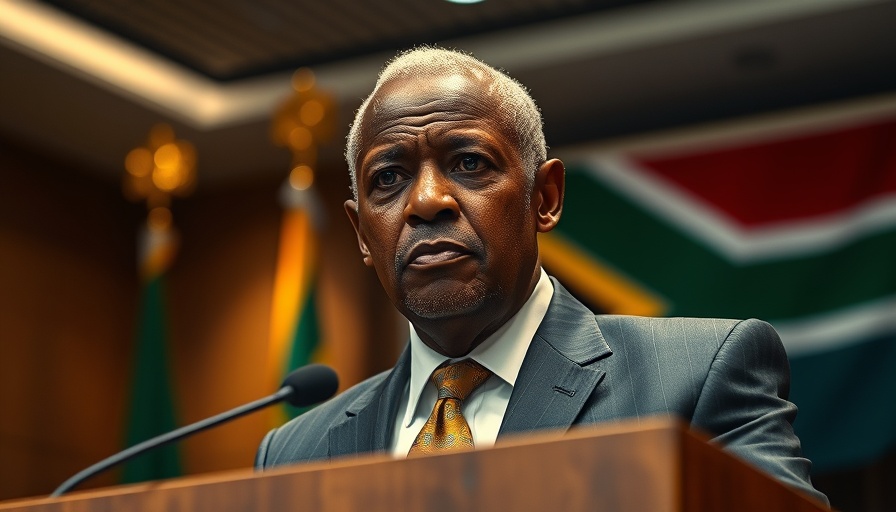
The Collapse of 54gene: A Cautionary Tale for African Startups
A Federal High Court in Lagos has issued an injunction blocking the sale of 54gene's assets, which marks a significant moment in the trajectory of one of Africa's most promising health tech startups. 54gene was once a celebrated innovator aiming to harness African genomic insights for improved health outcomes, but its fall from grace raises urgent questions about governance, investor control, and the challenges faced by African startups.
The Role of Investors in Startup Demise
54gene's founder, Dr. Abasi Ene-Obong, filed a petition alleging that the startup's largest investors, the Cathay AfricInvest Innovation Fund and Adjuvant Capital, played a decisive role in orchestrating its demise. According to Ene-Obong, these investors sidelined the board, rejected critical funding opportunities, and ultimately forced the company into bankruptcy. This highlights a larger issue faced by entrepreneurs in Africa: the power dynamics between founders and investors. When investors prioritize short-term returns over long-term vision, the foundational goals of startups can be jeopardized.
A New Era of Accountability?
The recent court ruling provides an opportunity for re-evaluating how startups can operate in an environment where accountability and ethical considerations play a crucial role. "At 54gene, our mission— to harness African genomic insights for better health—rests on the highest standards of ethics and community trust," Ene-Obong stressed in a recent statement. If other startups reflect on these values, it could lead to a generation of entrepreneurs who possess not only innovative solutions but also strong ethical frameworks.
Future Predictions for Startup Governance in Africa
The challenges faced by 54gene are not isolated events. They reflect broader trends in the African startup landscape where ambitious innovators wrestle with limited access to essential funding and conflicting interests with investors. As startup ecosystems grow, we can expect a shift towards more transparent and collaborative governance models. This could create a future where founders and investors work symbiotically to build sustainable ventures that prioritize community benefits alongside profitability.
Learning from 54gene: Navigating Challenges for Future Success
The case of 54gene offers essential lessons for startups across Africa. Understanding the complex dynamics of investor relationships is paramount. Entrepreneurs should focus on building robust governance structures and maintain open lines of communication with their stakeholders. This could empower them to make informed decisions that align with their mission, enabling the sustainable growth needed to transform the continent's technological landscape.
As we reflect on 54gene’s challenges, entrepreneurs, investors, and industry leaders must collaborate to forge pathways that support innovation while safeguarding the integrity and ethical foundations of African businesses. Will future startups learn from these lessons and commit to principles that uplift communities while fostering innovation?
 Add Row
Add Row  Add
Add 


Write A Comment